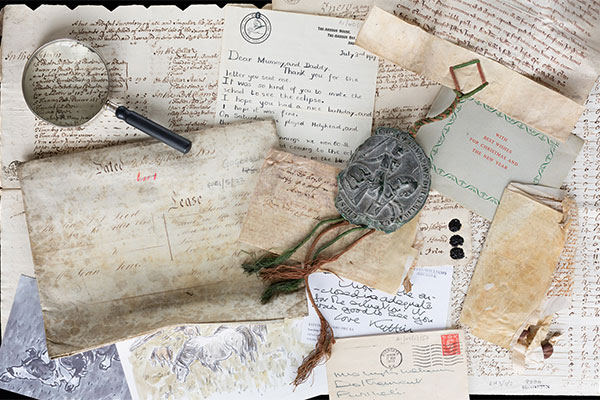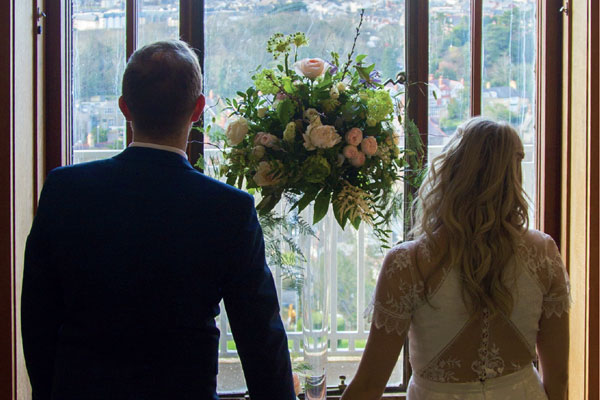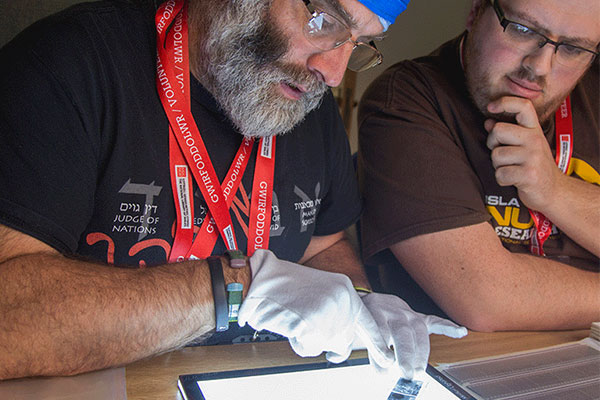Background
Have you heard of the giant Bendigeidfran and his sister Branwen? Did you hear the story about Gwydion the wizard and Blodeuwedd, the woman created from flowers? These legends are part of the Mabinogi or Mabinogion stories, and the earliest written version of the Mabinogi is found in The White Book of Rhydderch that is kept at The National Library of Wales.
The White Book was copied around the middle of the 14th century. It is likely that it was produced for Rhydderch ab Ieuan Llwyd of Parcrhydderch, near Llangeitho, Ceredigion.
It seems that several different people contributed to the work of copying the book, and that the work was done by monks at Strata Florida Abbey, which is quite close to Parcrhydderch.
Parts of the stories of the Mabinogi and the legends in The White Book of Rhydderch are centuries older than the book itself.
Before they were written down these stories were transmitted orally from one generation to the next. One person would recite the story that they had heard, and another who was listening would learn the story and recite it to others from memory, hence keeping the story alive.
Storytelling was a social event, and people would gather in the evenings to recite and hear stories. Rich people also liked to listen to stories and would pay a person to recite them at events. The Welsh word for the person who would recite the story is Y Cyfarwydd, and the word is still used today to describe a person who can tell a good story.
Extract from: Treasures at The National Library of Wales: Manuscripts
Possible questions to discuss
- Have you heard of the tales of the Mabinogi?
- What is a tale?
- How is an oral story different from watching a film/television programme?
- Did elements of the story include magic?
Activities and experiences
- Research the role of the Cyfarwydd.
- Read one of the stories from the Mabinogi.
- Practice the art of remembering and re-telling a story.
- Create a comic/video of one of the stories.
Key concepts
(derived from the statements of what matters)
Languages, Literacy and Communication
- Language and belonging
- Listen and understand
- Exploring literature
- Understanding literature
- Reacting to literature
Humanities
- Understanding the past
- Contribution to society
- Social and cultural importance
Expressive Arts
- Develop creative techniques
- Explore purpose and meaning







